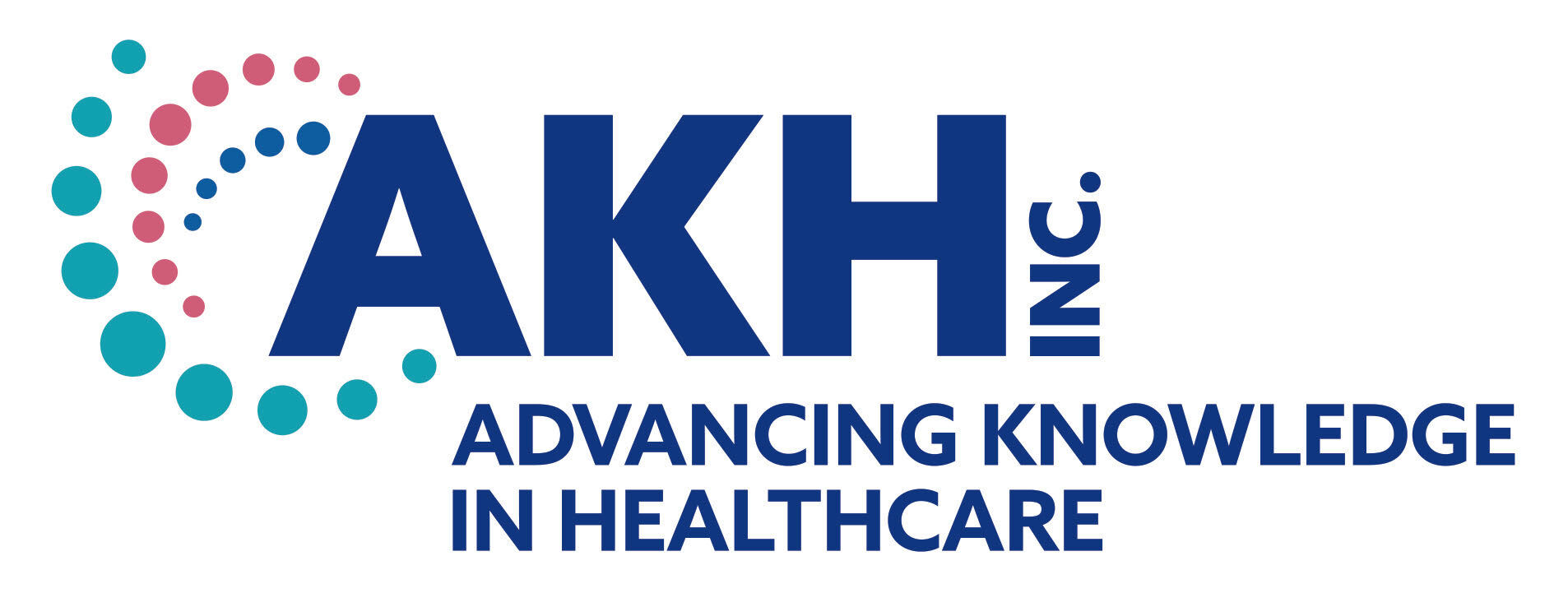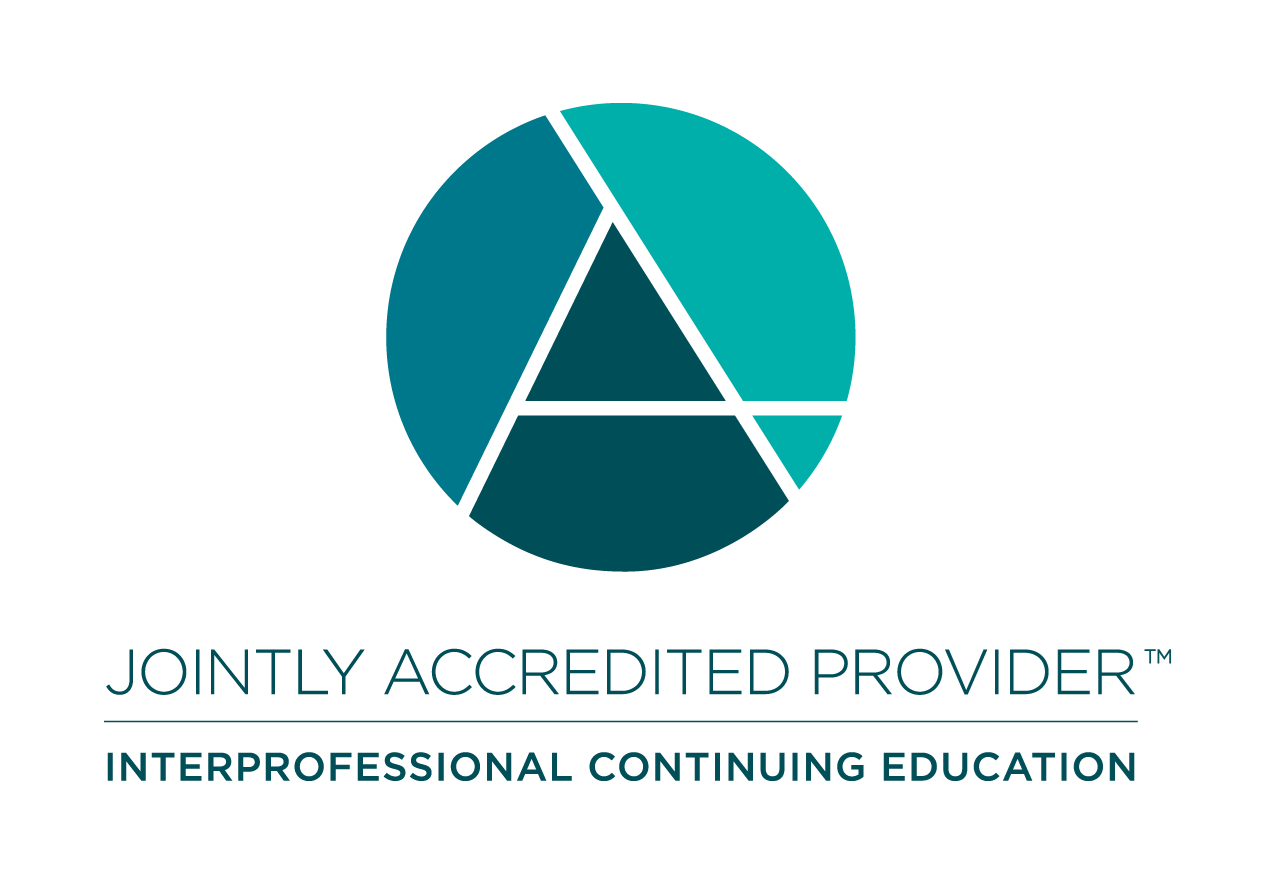
2024 AACT Symposium | Antidote Shortages: Impact & Response
- Registration Closed
2024 AACT Symposium | Antidote Shortages: Impact & Response
April 10, 2024
Omni Shoreham Hotel, Washington, DC
Join the American Academy of Clinical Toxicology (AACT) and ACMT on Wednesday, April 10, 2024 for a Symposium on "Antidote Shortages: Impact & Response." This half-day symposium gathers experts, researchers, healthcare professionals, and policymakers committed to addressing the critical issue of antidote shortages in our healthcare system. Attendees will engage in insightful discussions on the root causes and far-reaching consequences of these shortages, examining their effects on patient care, healthcare economics, and public health. Furthermore, the symposium will spotlight cutting-edge solutions and collaborative approaches aimed at mitigating these shortages, fostering resilience in healthcare systems, and ensuring timely access to life-saving antidotes. Together, participants will work towards building a more robust and responsive healthcare infrastructure that can effectively combat antidote shortages and safeguard patient well-being.
Learning Objective 1
Formulate a thorough understanding of antidote stocking guidelines, ethical considerations in administration, and local institutional responses to effectively address shortages.
Learning Objective 2
Evaluate evidence-based approaches, including the evaluation of expired medications and the role of AI to develop innovative strategies for managing and preventing antidote shortages.
Learning Objective 3
Discuss insights into the FDA's response to antidote shortages, enabling them to navigate regulatory measures effectively and debate actionable solutions to enhance antidote availability.
AACT Member Discount
AACT Members are eligible to receive the same registration rate as ACMT Members for this activity. Just enter the following code at checkout -- a $50 savings! Discount code: AACT
Continuing Education
Continuing Medical Education (CME), Continuing Pharmacy Education (CPE) and Continuing Nursing Education (CNE) credits are available for this activity for an additional fee. To receive continuing education credits, learners must attend the sessions in-person or watch them on-demand after the event.
Book Hotel
ACMT has secured a discounted rate at the Omni Shoreham Hotel in Washington, DC for attendees of our 2024 ACMT Annual Scientific Meeting & Symposia. We encourage you to book your stay at the Omni Shoreham using the link below for the best selection and price!
Questions?
Please write to ACMT at events@acmt.net
Agenda
This agenda is subject to change. All times listed are in local, Eastern Time Zone.
Wednesday, April 10, 2024
11:45 - 12:00 PM - Welcome & Introductions
Mark K. Su, MD, Clinical Associate Professor, Ronald O. Perelman Department of Emergency Medicine, NYU Grossman School of Medicine; Director, New York City Poison Center, Manhasset, NY
Jillian L. Theobald, MD, PhD, Associate Medical Director, Wisconsin Poison Center; Associate Professor, Emergency Medicine Physician, Medical College of Wisconsin, Milwaukee, WI
12:00 - 12:30 PM
Stocking Guidelines for Antidotes - Which Ones Are Truly Essential?
Jeanna Marraffa, PHARMD, MPH, DABAT, Clinical Professor of Emergency Medicine, Upstate Medical University, Syracuse, NY
12:30 - 1:00 PM
Ethical Issues in Antidote Administration During Shortages - What Are Some Best Practices?
Maryann Amirshahi, PharmD, MD, MPH, PhD, FACMT, Emergency Medicine Attending Physician and Professor Of Emergency Medicine, MedStar Washington Hospital Center & Georgetown University Hospital, Washington, DC
1:00 - 1:30 PM
The Institutional Response: What Can You Do Locally to Address Antidote Shortages?
Brenna Farmer, MD, MBA, MS, Vice Chair & Chief of Emergency Medicine, NYP Brooklyn Methodist Hospital & Weill Cornell Medicine Department of Emergency Medicine, New York, NY
1:30 - 1:45 PM - Break (15 min)
1:45 - 2:15 PM
Expired Medications: Dead to Me or Just Dated?
Silas W. Smith, MD, MD, JoAnn G. and Kenneth Wellner Clinical Associate Professor of Emergency Medicine, Ronald O. Perelman Department of Emergency Medicine, NYU Grossman School of Medicine, New York, NY
2:15 - 2:45 PM
How Well Do We Do with Antidote Shortages?
Renee Petzel Gimbar, PharmD, Clinical Associate Professor, University of Illinois Chicago College of Pharmacy, Chicago, IL
2:45 - 3:15 PM
Antidote Shortage Outcomes and Solutions from the ToxIC Registry
James Whitledge, MD, Medical Toxicology Fellow, Boston Children's Hospital, Boston, MA
3:15 - 3:30 PM - Break (15 min)
3:30 - 4:00 PM
Use of Artificial Intelligence: Can AI Provide the Answers We Want?
Nikolaus Matsler, MD, Emergency Medicine Physician, Salem Emergency Physicians, Salem, OR
4:00 - 4:30 PM
The FDA's Response to Mitigating Antidote Shortages
Valerie E. Jensen, CAPT (Ret.), RPh, Associate Director of the Drug Shortage Staff, Center for Drug Evaluation and Research, US Food and Drug Administration (FDA), West Haverstraw, NY
4:30 - 5:30 PM
Antidote Shortage Panel Discussion and Q&A with All Speakers
Maryann Amirshahi, PharmD, MD, MPH, PhD, FACMT
Emergency Medicine Attending Physician, Professor Of Emergency Medicine
MedStar Washington Hospital Center, Georgetown University Hospital
Dr. Maryann Amirshahi is a Professor of Emergency Medicine at Georgetown University School of Medicine and practices clinically at MedStar Washington Hospital Center, where she specializes in toxicology, addiction care, and emergency medicine. She holds a PharmD and medical degree, alongside an MPH focusing on environmental and occupational health, and a PhD in pharmacology and public health. Dr. Amirshahi is board-certified in emergency medicine, medical toxicology, addiction medicine, and clinical pharmacology, and is a registered pharmacist with over a decade of practice. Nationally recognized, she serves on the Board of Directors for the American College of Medical Toxicology. With nearly 200 peer-reviewed publications, her research spans medication safety, drug shortages, addiction treatment, and prescription drug misuse.
Brenna Farmer, MD, MBA, MS
Vice Chair & Chief of Emergency Medicine
NYP Brooklyn Methodist Hospital & Weill Cornell Medicine Department of Emergency Medicine
Dr. Brenna Farmer is Chief of Emergency Medicine at NY Presbyterian Brooklyn Methodist Hospital and Vice Chair in the Department of Emergency Medicine at Weill Cornell Medicine's Department of Emergency Medicine. She trained in Emergency Medicine at Vanderbilt University Medical Center and in toxicology at NYU/Bellevue and the New York City Poison Control Center. She earned her medical degree from East Carolina University's Brody School of Medicine and her executive MBA from Cornell and MS in Healthcare Leadership from Cornell's Weill Cornell Graduate School of Medical Sciences. Her major academic interests are medication safety, patient safety, and acute bedside care of the toxicologic patient.
Valerie E. Jensen, CAPT (Ret.), RPh,
ssociate Director of the Drug Shortage Staff, Center for Drug Evaluation and Research
US Food and Drug Administration (FDA)
Valerie Jensen is Associate Director of the Drug Shortage Staff at the U.S. Food and Drug Administration. She received a B.S. degree in Pharmacy from the University of Iowa in 1990. She completed an American Society of Health-System Pharmacists Specialized Residency in Ambulatory Care at the White River Indian Health Service hospital in White River, Arizona in 1991. She worked as a clinical pharmacist for Indian Health Service hospitals in Arizona and New Mexico before joining FDA in 1999. She was one of the initial developers of FDA’s Drug Shortage Program and was named Associate Director in 2012.
Jeanna Marraffa, PHARMD, MPH, DABAT
Clinical Professor of Emergency Medicine
Upstate Medical University
Jeanna Marraffa is currently the Clinical Director of the Upstate New York Poison Center and a Clinical Professor in the Department of Emergency Medicine at Upstate Medical University, University Hospital in Syracuse, NY. She graduated from Union University, Albany College of Pharmacy with her Pharm.D. Degree in 2001 and have completed a one-year ASHP accredited Pharmacy Practice Residency at SUNY Upstate Medical University, Department of Pharmacy. She completed a 2-year Fellowship Program in Clinical Toxicology and Emergency Medicine in 2004 at the Upstate New York Poison Center, Department of Emergency Medicine at SUNY Upstate Medical University in Syracuse, NY and became a Diplomate of the American Board of Applied Toxicology in 2005. She received her Masters of Public Health in May 2020 from SUNY Albany. She has published numerous publications in the field of toxicology and have authored a book chapter in the 9th, 10th, 11th and upcoming 12th editions of Goldfrank’s Toxicologic Emergencies on “Dieting Agents”. She currently serves as president for the American Academy of Clinical Toxicology.
Nikolaus Matsler, MD
Emergency Medicine Physician
Salem Emergency Physicians
Renee Petzel Gimbar, PharmD
Clinical Associate Professor
University of Illinois Chicago College of Pharmacy
Renee Petzel Gimbar received her PharmD from the University of Illinois at Chicago College of Pharmacy and completed PGY-1 training at UIC and PGY-2 training at Rutgers University. She started emergency medicine pharmacy services at the University of Tennessee Medical Center Knoxville and Loyola University Medical Center. She was inducted as a fellow of the American Academy of Clinical Toxicology in 2019. She currently is a clinical associate professor in the department of pharmacy practice at UIC College of Pharmacy, an Emergency Medicine and Medical Toxicology Clinical Pharmacist at UI Health, and the Residency Program Director for the PGY-2 Emergency Medicine Pharmacy Residency. She has integrated herself in the emergency medicine and medical toxicology services at both Loyola and UIC, active in the acute care of patients, didactic and beside education of healthcare trainees. Dr. Petzel Gimbar has been involved in multiple research studies and publications related to emergency medicine and toxicology practice, including a current multi-year NIH study addressing emergency department hypertension in underserved patients. She has given invited lectures internationally and nationally on both emergency medicine and medical toxicology topics. At home, she attempts to manage her nine, seven, and five year olds without a toxic ingestion.
Silas W. Smith, MD
JoAnn G. and Kenneth Wellner Clinical Associate Professor of Emergency Medicine
NYU Grossman School of Medicine
James Whitledge, MD
Assistant Professor of Emergency Medicine
University of Vermont Medical Center
Dr. Jim Whitledge graduated from Tufts University School of Medicine, and subsequently completed a residency in emergency medicine at Beth Israel Deaconess Medical Center and fellowship training at the Harvard Medical Toxicology Fellowship. He is currently an emergency physician and medical toxicologist practicing within the University of Vermont Health Network. He enjoys taking call for the Northern New England Poison Center, and is also a consultant toxicologist for the Nepal Poison Information Center. Jim has a particular interest in drug and antidotal shortages, novel treatments for antimuscarinic delirium, pediatric toxicology, and treatment of substance use disorders. Jim spends his free time skiing, biking, and hiking with his family, and is excited when he finds mushrooms and owls in the woods.
Continuing Education

Continuing Education credit for this activity will be provided by AKH Inc., Advancing Knowledge in Healthcare.

In support of improving patient care, this activity has been planned and implemented by AKH Inc., Advancing Knowledge in Healthcare and American College of Medical Toxicology (ACMT). AKH Inc., Advancing Knowledge in Healthcare is jointly accredited by the Accreditation Council for Continuing Medical Education (ACCME), the Accreditation Council for Pharmacy Education (ACPE), and the American Nurses Credentialing Center (ANCC), to provide continuing education for the healthcare team. If you are seeking continuing education credit for a specialty not listed above, it is your responsibility to contact your licensing/certification board to determine course eligibility for your licensing/certification requirement.
CME, CPE, and CNE Continuing Education credits are pending for this activity. It is expected that learners will receive up to 5.0 Interprofessional Continuing Education (IPCE) credit for learning and change.


